Tour of Britain requires tenacity - Chris Boardman
- Published
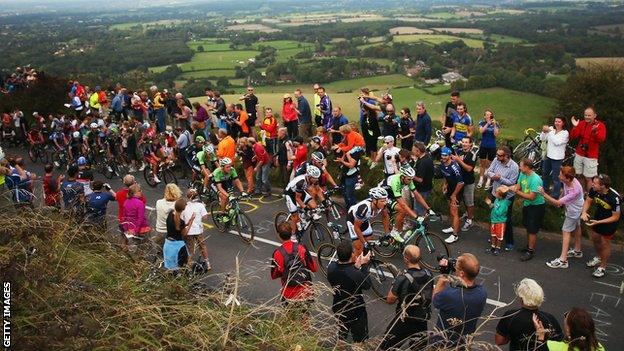
The modern Tour of Britain celebrated its 10th anniversary in 2013, having returned in 2004
The Aviva Tour of Britain is an unpredictable event that suits "the most tenacious" riders, says 1992 Olympic gold medallist Chris Boardman.
The eight-stage race gets under way in Anglesey on Sunday and finishes in London on 13 September.
Sir Bradley Wiggins and fellow Briton Mark Cavendish are both taking part.
"The one thing we've come to learn is you just don't know what's going to happen in this race," said Boardman, who is an ambassador for the Tour.
"You get home riders, people trying to make their name, people coming back from injury, people building up for the worlds, people winding down. It's such a mix.
"It's more who is the most tenacious who tends to win, not who is the best on that climb there. You can't pinpoint where it's going to happen. That makes good viewing."
Who is competing?
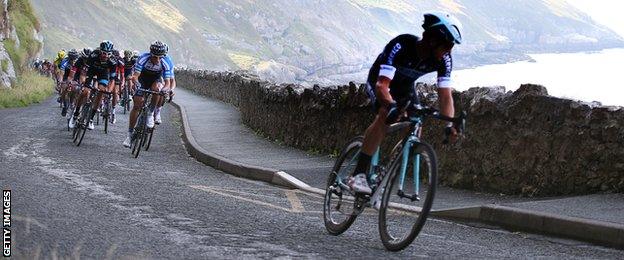
Sir Bradley Wiggins (right) rode for Team Sky in the 2014 Tour of Britain
Britain's two-time Tour de France champion Chris Froome and fellow Team Sky rider Geraint Thomas will not be appearing because they have been involved in the Vuelta a Espana., external
However, former winner Wiggins will lead his own Team Wiggins,, external who are competing for the first time, while sprinter Cavendish heads a strong Etixx-Quick Step line-up., external
Tao Geoghegan Hart, Hugh Carthy and Alex Peters are in the British Cycling team, along with academy riders Scott Davies, Gabz Cullaigh and Ollie Wood.
Team Sky are represented by four British riders, external - Ben Swift, Peter Kennaugh, Ian Stannard and Andrew Fenn.
Their line-up also includes Italian Elia Viviani and Dutchman Wout Poels.
What are the stages?
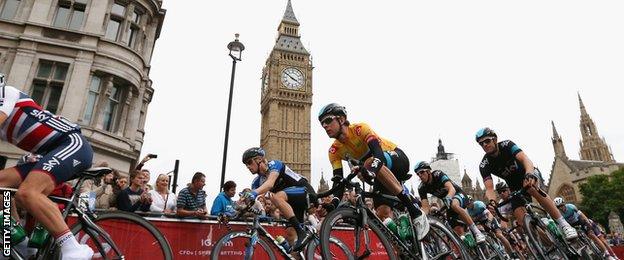
The final 86.8km stage starts and ends in London
The modern Tour of Britain,, external in its 12th year having returned to the calendar in 2004 after a five-year absence, starts in Beaumaris on Anglesey - the first time the race has begun in Wales.
From there it takes in Colne, Edinburgh, Blyth, Stoke, Fakenham and Ipswich before ending on Regent Street in London, covering a total distance of 1,443.6km.
The 177.7km first stage is expected to end in a sprint finish, which would suit Cavendish.
The second stage - from Clitheroe to Colne and measuring 159.3km - could be pivotal, according to Boardman, who won individual pursuit gold at the Barcelona Olympics in 1992.
"The winner will probably come from a breakaway that goes away at some unspecified point, even as early as stage two because round Clitheroe it's pretty nasty," he said.
- Published1 September 2015
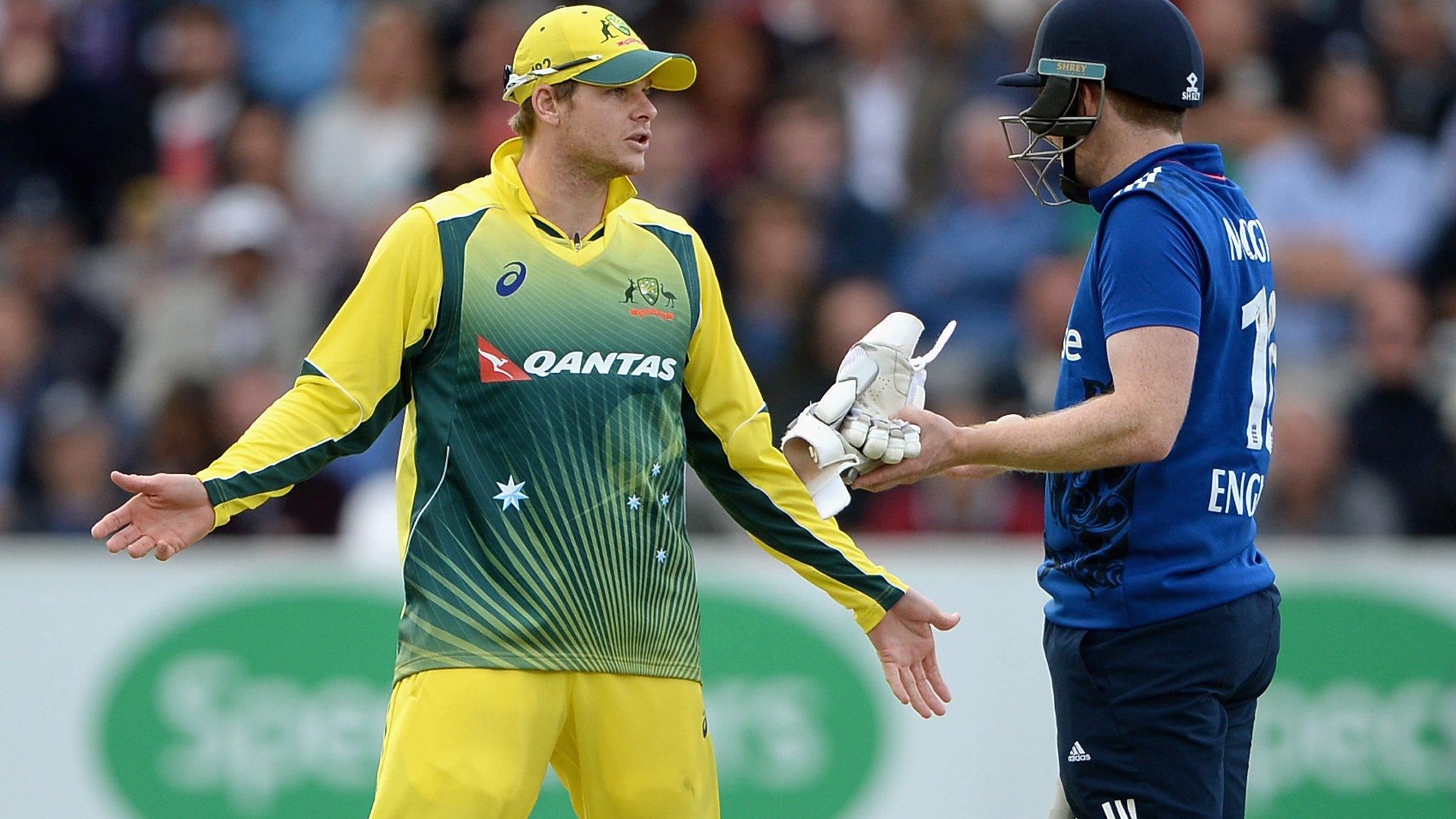
- Published1 September 2015
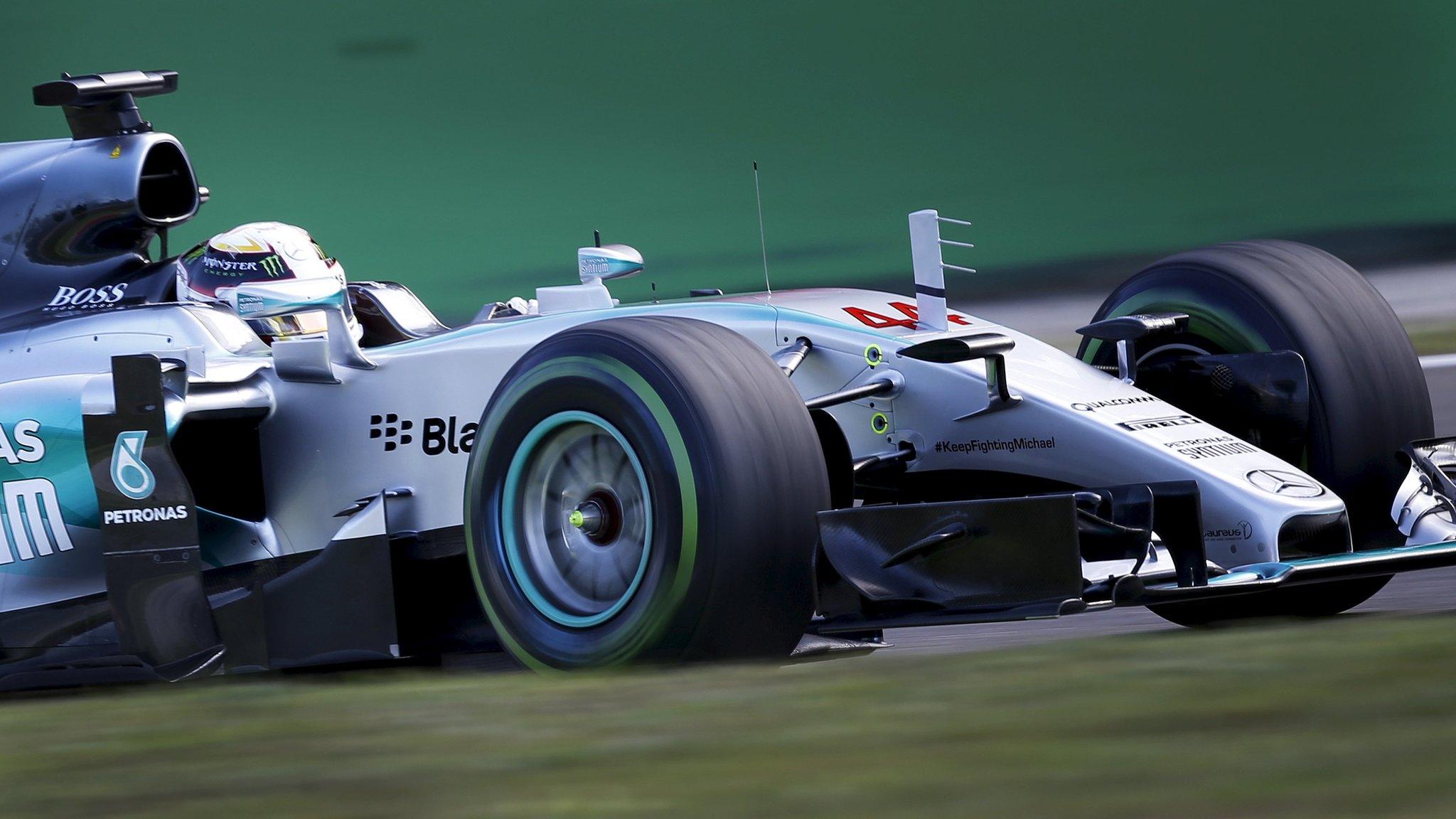
- Published5 September 2015
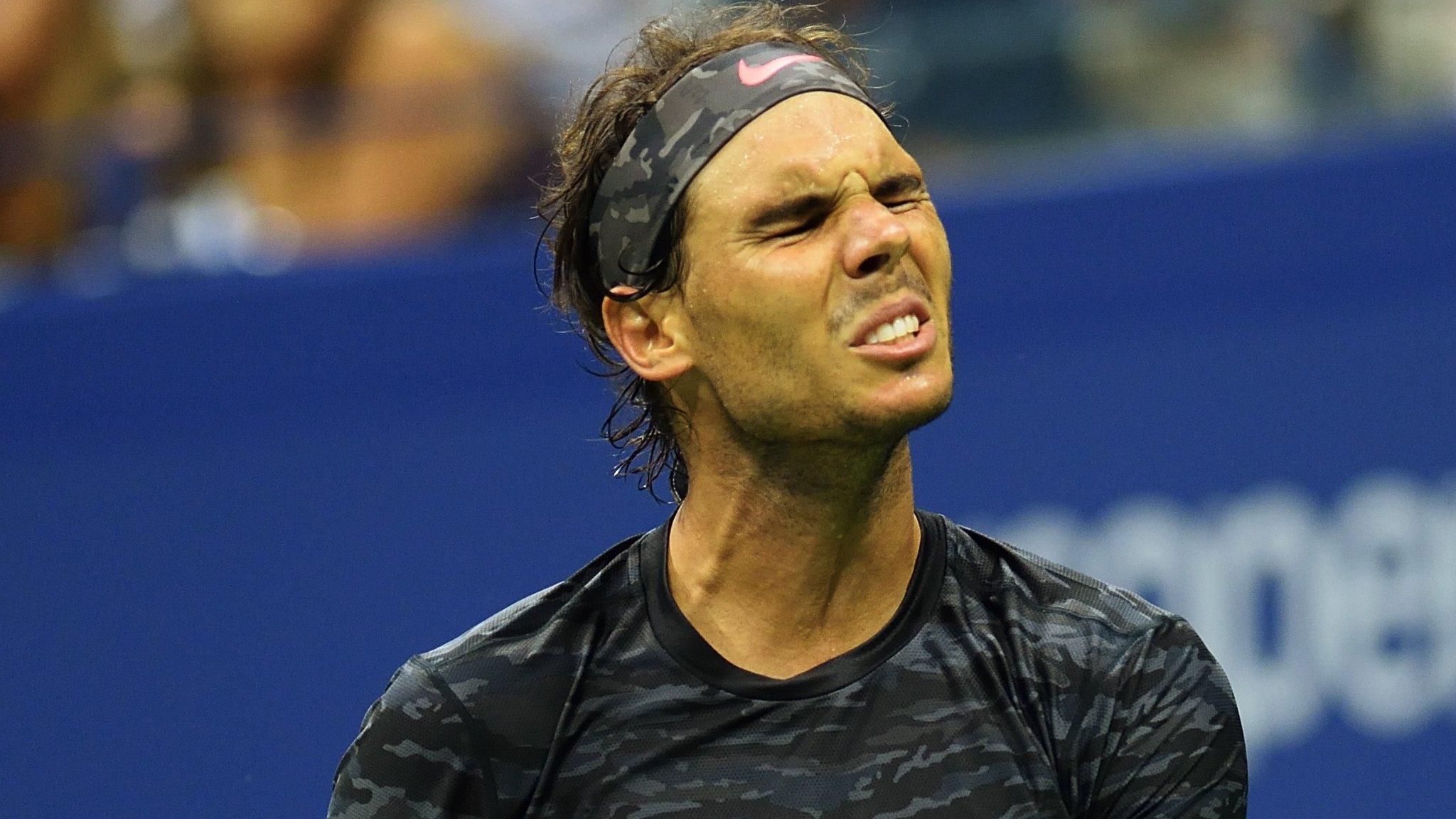
- Published4 September 2014
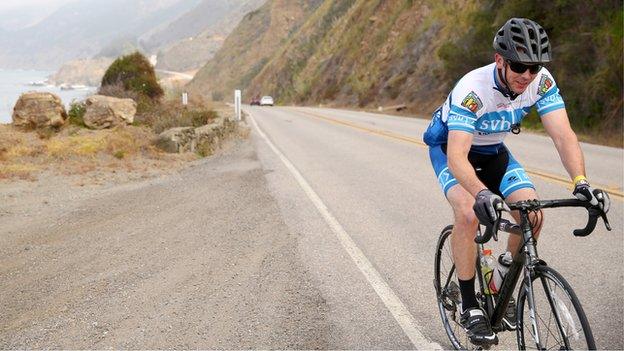
- Published19 July 2016
